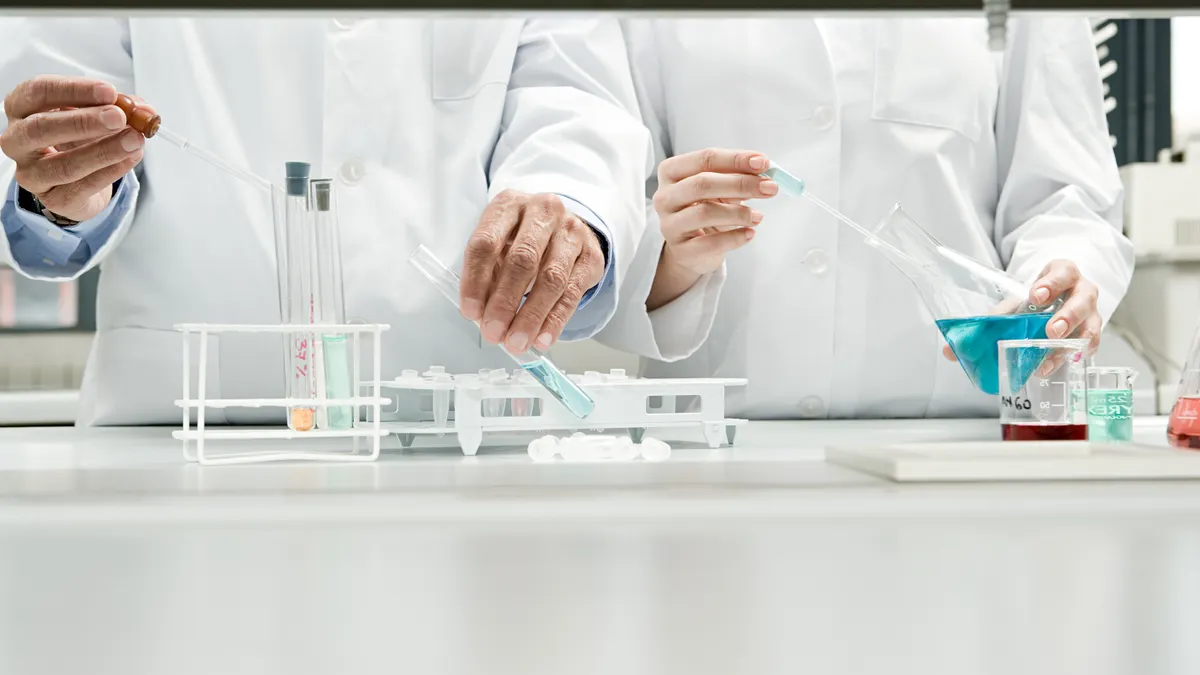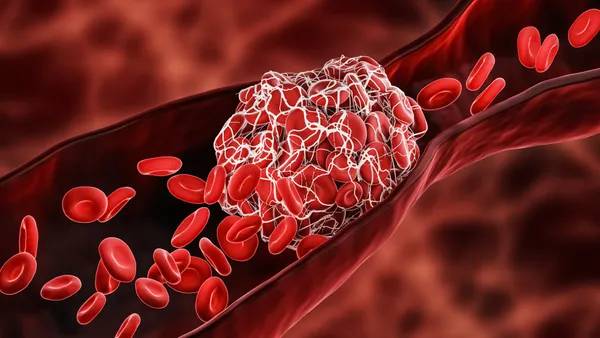In recent years, scientists have made remarkable strides in understanding and treating a vast array of complex diseases. With new modalities such as gene and cell therapies, RNA therapeutics, complex biologics and more, today’s science brings unprecedented opportunities to address diseases that have long remained out of reach.
But it’s important to recognize that traditional early discovery and in vivo research spaces weren’t built with the diversity and pace of today’s science in mind, says Brian Taylor, CEO of SmartLabs, which offers the first integrated platform combining reconfigurable lab infrastructure, operations and scientific expertise, and is headquartered in Boston. Similarly, yesterday’s model of large-scale manufacturing and global distribution centers no longer works for today’s life science innovators as they look to target rare and ultra-rare diseases and develop small batches of new precision medicines.
“How we approach discovery, development, commercialization and delivery of medicines must change on every single level in order to future-proof the industry and realize the potential of science to end huge amounts of human suffering,” says Taylor.
We sat down with Taylor to talk about what today’s scientific opportunities could mean for the future of medicine, and his vision for how we get there in a complex and highly dynamic landscape.
A lot has changed very quickly in recent years, with new modalities coming to the forefront of drug discovery and development. What shifts are needed to support these changes?
We hold in our hands scientific discoveries that could one day cure cancers and other intractable diseases, solve rare and ultra-rare genetic conditions and deliver breakthroughs that could end a lot of human suffering. But it’s important to understand that these diverse and complex novel therapies require cutting-edge technologies, specialized expertise and nimble, capitally efficient laboratory and manufacturing solutions. To fully realize these incredible discoveries, we need to approach resourcing and infrastructure differently. This is where SmartLabs delivers. We provide infrastructure that can be adapted and converted into any lab environment you might need, reconfiguring, say, a biology lab that we’ve built into a chemistry lab in about four to six weeks. So, for example, if an organization is making antibody drug conjugates, they may need a biology lab to develop that monoclonal antibody, but then the actual drug that they’re attaching to it is probably a chemical, in which case you need a chemistry lab. Companies work with us because we help make that lab conversion possible. And our team offers expert guidance and daily operational support all along the way.
We’re living through a time characterized by unprecedented scientific innovation, but also constrained funding and an increased focus on minimizing risk. How do you see the industry navigating this challenge?
It truly is an era defined by this juxtaposition of rapidly advancing science, growing competition and a volatile funding market. While there are many things the industry needs to do, some of the top actions that come to mind involve de-risking without compromising innovation, mindfully employing capitally efficient solutions and collaborating.
SmartLabs supports all three fronts. Our labs and resources are designed to seamlessly reconfigure and adapt quickly as research evolves. This enables lower upfront capital investment and operational costs, shorter commitments and flexibility to pivot in new directions. It’s a highly cost-effective approach that fast-tracks and de-risks development efforts. Our team also provides expert guidance and operational support, which enables scientists to focus on their research. Plus, we provide the first-ever enterprise-grade lab and manufacturing platform available on a fractional basis to support workflows at every stage of therapeutic development. Working inside a SmartLabs space, scientists can also connect with partners and colleagues at different companies to exchange ideas and advance their programs while protecting IP.
At SmartLabs you work with companies ranging from very small start-ups to larger, more established companies. How does your model support their various needs?
We support programs of all sizes and across multiple modalities, from early discovery to preclinical to manufacturing. Sometimes we have highly sophisticated customers that have established workflows and just need infrastructure solutions. Other customers are relatively new in their development cycle, and they need help with a little bit of everything. We can work with them to develop those workflows and tailor their environments to match their research needs, while helping them manage everything from waste to chemical inventory control and beyond. In other words, we do the ancillary work so they can focus on the science.
In your view, what is needed now to future-proof the industry and help realize the potential of science for patients?
SmartLabs was formed to address this very challenge. Everything we do today is designed to position the industry for success now and into the future - for the ultimate benefit of patients. Looking ahead, I believe that data acquisition and data analysis are going to be increasingly important. When we work together and share these insights, we can achieve even more. At the end of the day, what drew me to SmartLabs is the potential for collaboration. Scientists work shoulder to shoulder with their partners and other companies, amassing data and unlocking insights that drive discovery. Inside one of our buildings we might have 10 companies that are working on different types of science, and there could be an opportunity to pool that data in a way that everybody benefits while still protecting IP. As we move forward, I think this approach is going to be critical when it comes to fostering strategic partnerships and accelerating next-generation drug development and delivery in tomorrow’s landscape.

SmartLabs was founded in 2015 based on the belief that modern science requires a new, adaptable resourcing infrastructure as the standard to future-proof the industry and accelerate the pace of scientific breakthroughs for everyone, everywhere. With headquarters in Boston, SmartLabs serves diverse biotech, biopharma and life sciences organizations with a unique model designed to help enable the future of the industry. For more information, visit www.smartlabs.com.










